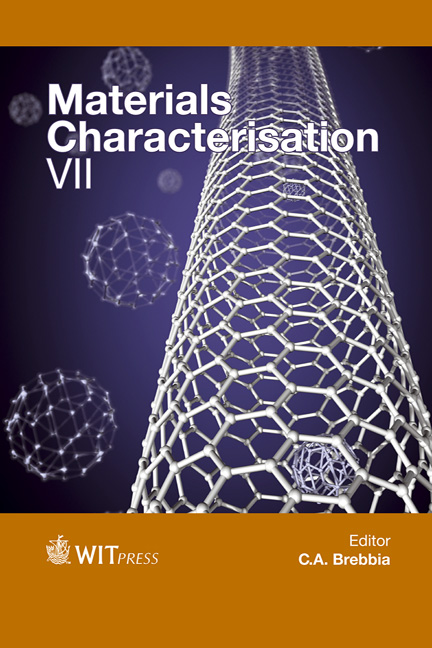Modelling And Experimental Characterisation Of Self-regulating Resistive Heating Elements For Disposable Medical Diagnostics Devices
Price
Free (open access)
Transaction
Volume
90
Pages
9
Page Range
263 - 271
Published
2015
Size
432 kb
Paper DOI
10.2495/MC150241
Copyright
WIT Press
Author(s)
T. Pardy, T. Rang, I. Tulp
Abstract
Resistive heating elements based on positive temperature coefficient (PTC) ceramics have the inherent advantage of self-regulating their temperature output via a rapid increase in resistance with increasing temperatures, and therefore require no additional control circuitry. This is particularly advantageous for medical devices, especially disposable molecular diagnostics, where minimal space requirements and power dissipation are crucial design factors, as well as low cost per device. However, rapid prototyping and design validation in silico through finite element analysis are hindered by the scarcity of material data on commercially available heating elements. The simplest characterization of the function of these heating elements is through the temperature coefficient of resistance, which is easily measured yet still provides an acceptable approximation. We propose a finite element model that relies only on the temperature coefficient to simulate the function of PTC heating elements. Model validation was done using a commercially available PTC heating element, the temperature coefficient of which was measured and inputted into the model to simulate a PMMA test structure designed to house the heater and accept Lab-on-a-Chip devices with typical dimensions (25mm x 75 mm).
Keywords
positive temperature coefficient, lab-on-a-chip, resistive heating, microfluidics, computer aided design, finite element modelling





